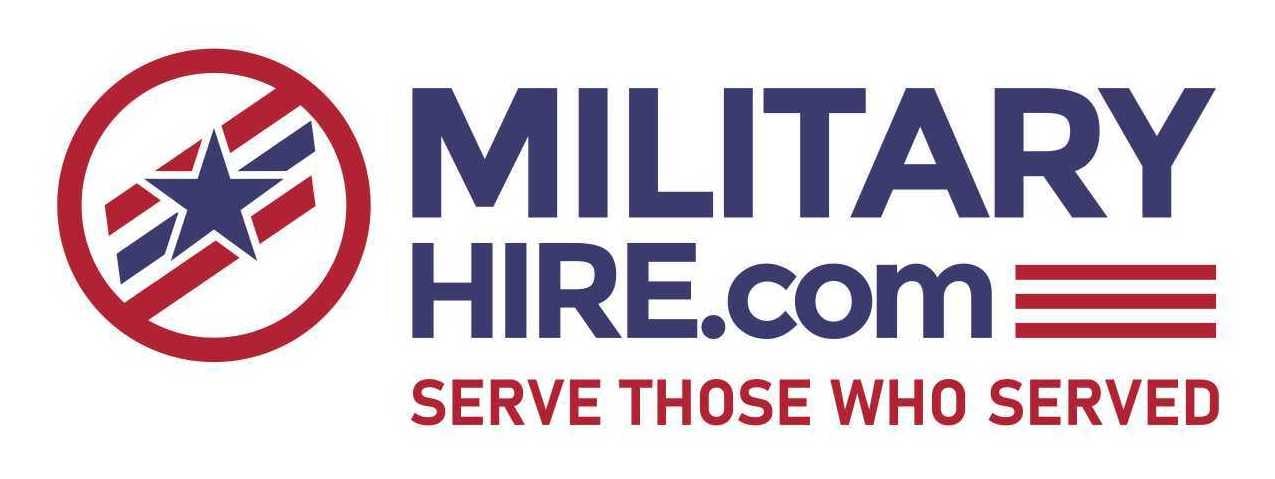
Interviews often take the form of an interrogation session. The interviewer asks question after question designed to determine whether you have the right skills, the right aptitude, the right attitude, and right personality fit for the job. Interrogation-style interviews are not fun and can be very difficult to turn to your advantage. You might leave the interview with little idea of whether you did well or not.
The consultative interview is a technique you can use to guide the interview away from an interrogation session and towards a consultation session. In the consultative interview, your goal is to get the interviewer to talk about the challenges they currently face or have recently solved. As you discuss the techniques they have applied and the results, good and bad of those techniques, you will have the opportunity to suggest new ideas, or to discuss similar situations you may have faced before and what you did. During this consultative session, the interviewer starts to understand your skills and experience based on your ability to discuss the challenges. They see you have the right attitude based on your eagerness to discuss the challenges and potential solutions. And they can see you are a good personality fit because they have the opportunity to see how you would interact with them on a day to day basis as you tackle tough problems.
So how do you guide the interview from interrogation to consultation? Unfortunately there is no magic formula. Each interviewer is different, and each will respond differently to attempts to guide the interview in this direction. One rule is not to start too early. Most interviews will being with a question and answer session, perhaps after a minute or two of “getting to know you” small talk. If you try to guide the interview too early, you will just irritate the interviewer.
A good way to start is to take advantage of open ended questions. Use open ended questions to talk in detail about the subject at hand whether it be how you solved a particular problem, your leadership style, or whatever. As you wrap up your answer, ask your interviewer an open ended question related to your answer and related to the company and position. Examples include “Can you tell me how this relates to challenges I would face in this position?” “How does this compare to the way the team solves problems here?” “Can you tell me about a current project or challenge where this experience would be helpful?”
If the interviewer takes the opportunity to elaborate on current projects and challenges, you are well on your way to a consultative interview. From here the idea is to have a conversation with the interviewer. Take a real interest in the problem and the past solutions that have been tried. Offer thoughts on how this relates to problems you have solved. Be careful not to overplay your hand here. Don’t pretend to be an expert on something where you lack expertise. And don’t pretend you will come in and solve the top problem on day 1. If it were that easy, it would already be solved. But show through the conversation that you are eager to join the effort to make a difference. That you listen well and can learn from the experience of your future teammates prior attempts to solve the problem. Show that you can bring ideas to the table, but won’t cling so tightly to them that you will cause problems when the a different solution is chosen.
I recall one particular interview as the pinnacle of my experience with the consultative interview. I was interviewing for a senior computer programming role. The industry was the same as my prior role and many of the tools and techniques used at the new company were the same as the prior role. I was being interviewed by the person who would be my boss and by someone who would be a future peer. I used their open ended questions to elaborate on the work I had been doing including the challenges and successes. As I described a particular challenge, they leaned in and started paying close attention. They told me they were using the same tool and had run into the same problem but could not find a solution. When I was able to tell them exactly what steps to take to make the tool work correctly, I knew I had cinched the interview and had a job offer coming my way.
If you are a transitioning veteran, you will not likely find quite the perfect fit for the consultative interview that I found. But you can still take advantage of open ended questions to describe in detail the challenges you have faced and how you have overcome them. You can use open ended questions to find out the current pain points of your future employer and discuss possible solutions. But be careful not to come off as arrogant. Interviewers will not like to hear that you think they are solving problems all wrong or that the “Army way” is better. Instead, show them that you are a motivated, energetic, team player who takes interest in tackling the toughest problems and has ideas to bring to the table. If you can do this, you will have mastered the consultative interview.
Three steps to success:
- Sign Up. You’ve served your country. Now let us serve you. Sign up now—it’s free, quick, and easy.
SIGN UP TODAY - Post Your Resume. Be found by hundreds of veteran friendly companies—post your resume! Don’t worry if it’s not perfect—you can easily update it later!
POST YOUR RESUME - Search Jobs. Don’t wait for companies to find you. Set up automated Job Scouts to scour our database and notify you of new jobs.
SEARCH JOBS NOW
